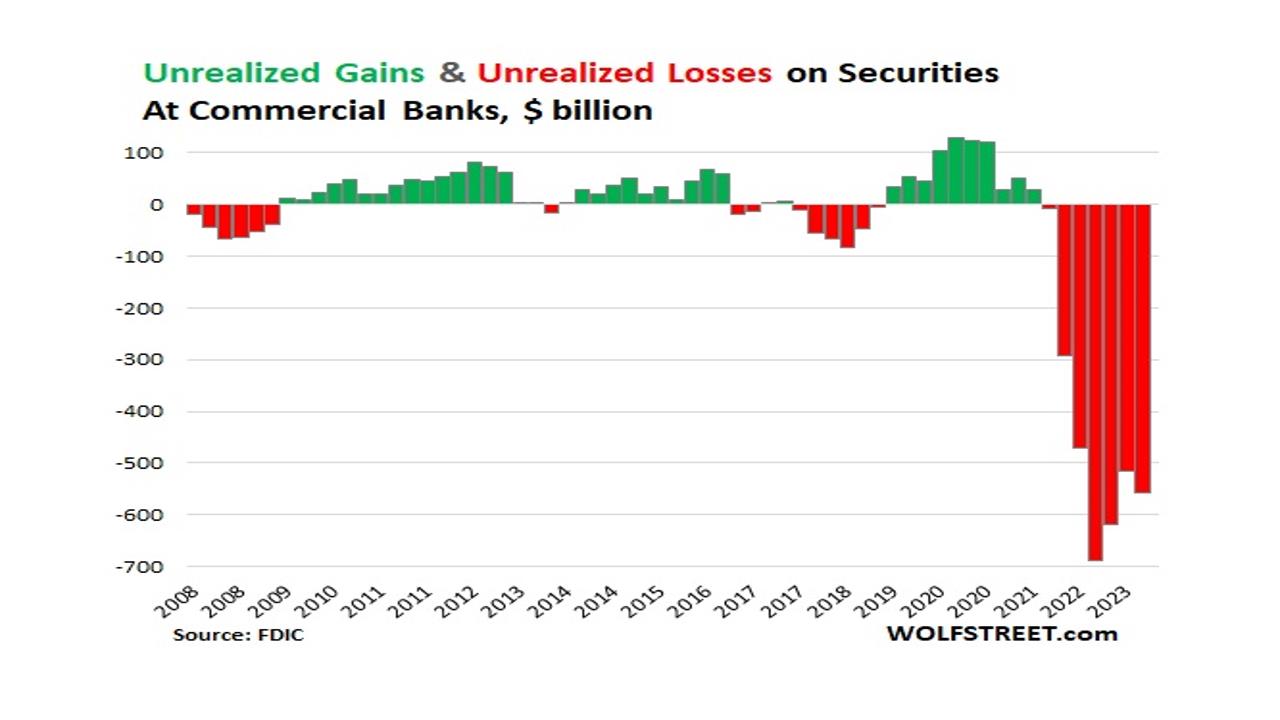Video:
Take our online poll:
AI Analysis:
Maintaining reserve ratios is of paramount importance for banks due to the significant role they play in ensuring financial stability and safeguarding the economy. These ratios, such as the reserve requirement set by central banks, determine how much cash or liquid assets a bank must hold in relation to its total deposits. Here are three key reasons why maintaining these ratios is crucial:
1) Financial Stability: Reserve ratios serve as a critical buffer against unexpected financial shocks. They ensure that banks have enough funds on hand to cover withdrawals and unforeseen circumstances, reducing the risk of bank runs and panic in the financial system. By maintaining these reserves, banks are better equipped to meet their obligations to depositors and creditors, thereby preserving trust in the banking system. This stability is vital for overall economic health as it prevents disruptions that can lead to recessionary periods.
2) Monetary Policy Implementation: Central banks use reserve requirements as a tool for conducting monetary policy. By adjusting these requirements, central banks can influence the money supply and interest rates. Lowering reserve ratios encourages banks to lend more money, stimulating economic activity, while raising them can have the opposite effect, curbing inflation or excessive lending. Hence, maintaining the appropriate reserve ratios allows central banks to fine-tune economic conditions, promoting sustainable growth and price stability.
3) Risk Management: Banks are exposed to various risks, including credit risk, market risk, and liquidity risk. Adequate reserve ratios are a crucial component of a bank's risk management strategy. They ensure that banks have enough liquid assets to meet their obligations even in times of economic stress. This prudent approach not only protects depositors and shareholders but also reduces the likelihood of systemic financial crises that can have devastating consequences for the broader economy.
In conclusion, the importance of a bank maintaining its reserve ratios cannot be overstated. These ratios provide a crucial safety net, support effective monetary policy implementation, and help banks manage risk in a volatile financial environment. By doing so, they contribute significantly to the overall stability and health of the financial system and the broader economy.
Chart:

References:


Comments